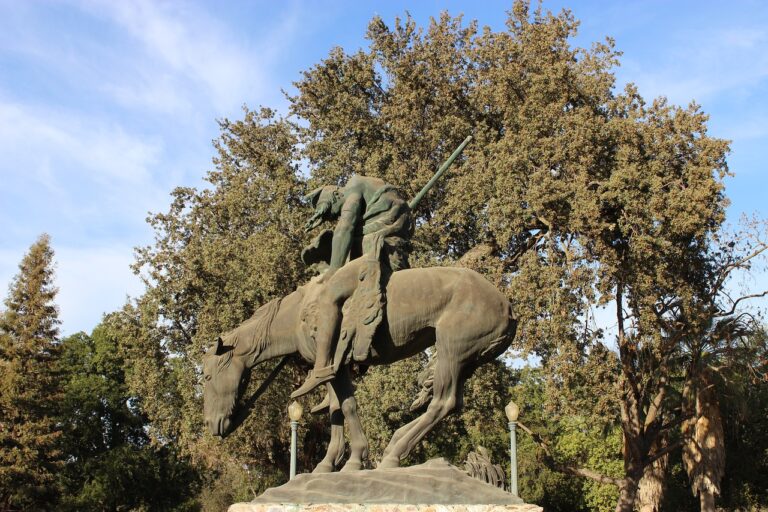The Role of Personality Traits in Electoral Predictions: All pannel.com, Play99, Golds 365
all pannel.com, play99, golds 365: Personality traits play a significant role in electoral predictions, influencing how individuals choose to vote and eventually shaping the outcome of an election. Understanding these traits can provide valuable insights into voter behavior and help political analysts make more accurate predictions.
1. Big Five Personality Traits
One of the most widely accepted models of personality traits is the Big Five, which includes openness, conscientiousness, extraversion, agreeableness, and neuroticism. Research has shown that individuals with certain personality traits are more likely to lean towards specific political ideologies or candidates.
2. Openness
Individuals high in openness are more likely to support progressive policies and candidates who promote change and innovation. They are open to new ideas and experiences, making them more likely to embrace unconventional political platforms.
3. Conscientiousness
Conscientious individuals are organized, goal-oriented, and value structure and order. They are more likely to support candidates who prioritize law and order and promote traditional values.
4. Extraversion
Extraverts are outgoing, sociable, and enjoy social interactions. They may be more inclined to support charismatic leaders who can engage with the public effectively and energize their supporters.
5. Agreeableness
Individuals high in agreeableness are empathetic, cooperative, and value harmony. They are more likely to support candidates who emphasize unity and inclusivity in their campaigns.
6. Neuroticism
Neurotic individuals tend to be anxious, emotionally volatile, and sensitive to stress. They may be drawn to candidates who offer reassurance and stability in uncertain times.
7. Using Personality Traits for Electoral Predictions
By analyzing the personality traits of voters, political analysts can gain insights into their preferences and motivations when it comes to voting. This information can help predict how different demographic groups are likely to vote and anticipate shifts in support for candidates over the course of an election.
8. Future Implications
As technology continues to advance, the role of personality traits in electoral predictions is likely to become even more significant. Analyzing big data and utilizing machine learning algorithms can provide even more accurate insights into voter behavior based on personality traits.
9. FAQs
Q: Can personality traits accurately predict voting behavior?
A: While personality traits can provide valuable insights into voter behavior, they are just one of many factors that influence how individuals choose to vote.
Q: Are there any ethical concerns with using personality traits for electoral predictions?
A: There are ethical considerations to take into account when using personal data for political analysis, including privacy concerns and the potential for misuse of information.
In conclusion, personality traits play a crucial role in electoral predictions, providing valuable insights into voter behavior and preferences. By understanding these traits, political analysts can make more accurate predictions and anticipate shifts in support for candidates. As technology continues to evolve, the role of personality traits in electoral predictions is likely to become even more significant in shaping the outcomes of elections.







